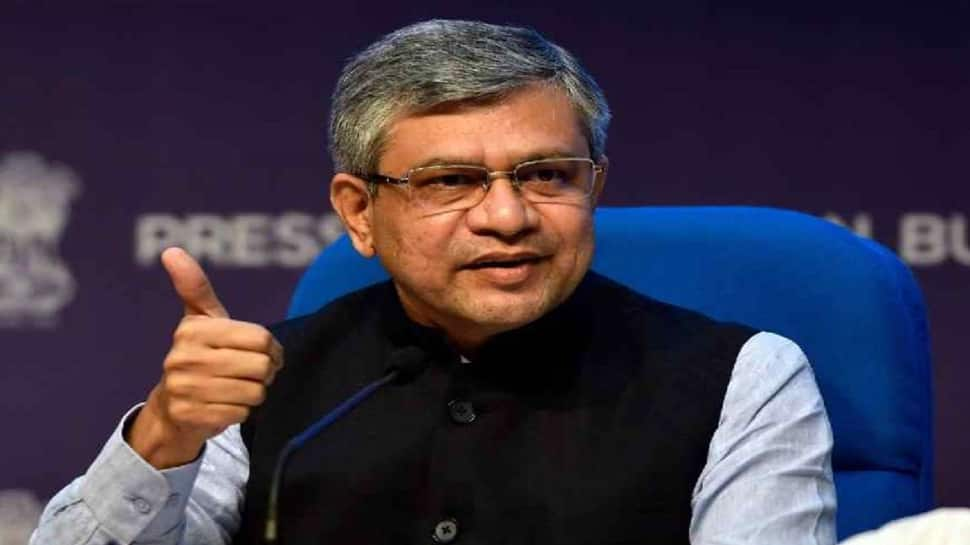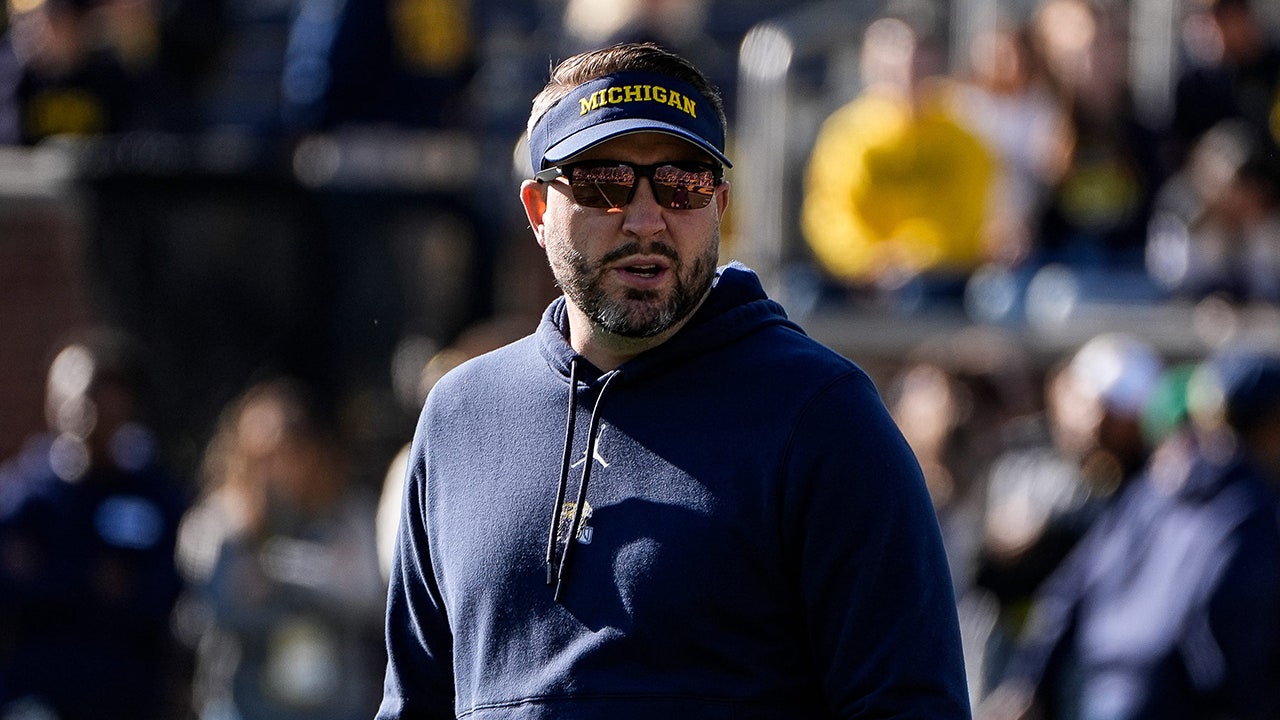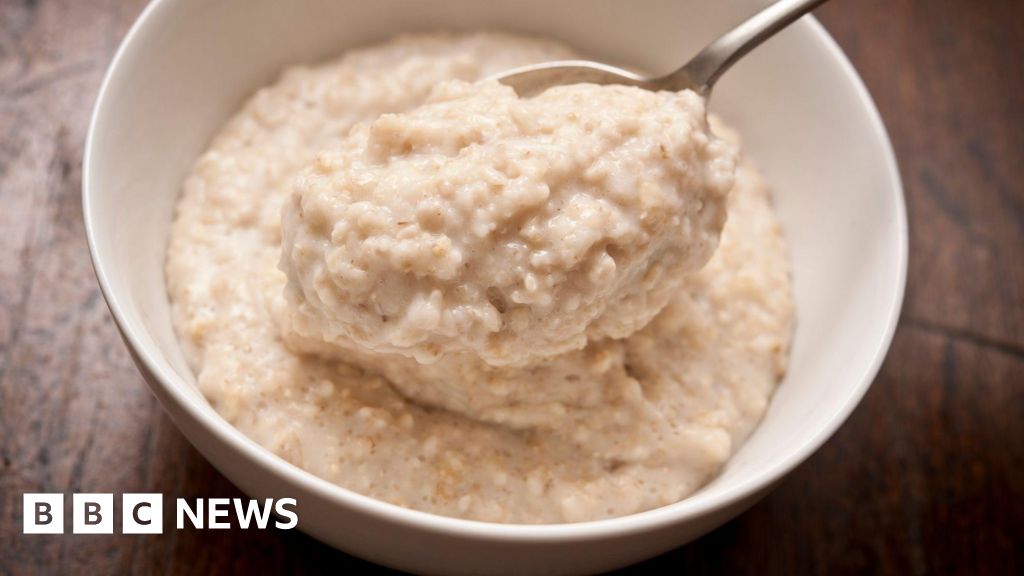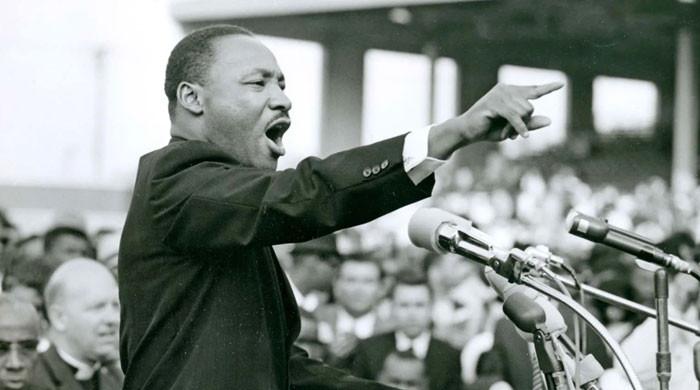Martin Luther King Jr Day: It is a day to honour the life and legacy of the assassinated civil rights leader
Martin Luther King Jr the man who freed America from its social inequalities is being celebrated today by marches and parades all across the country.
It is a day to honour the life and legacy of the civil rights leader. Every year it is celebrated on the 3rd Monday of January.
King devoted his whole life to the non-violent struggle for civil rights for black people in America, his dedication led to the end of racial segregation and the passing of the Civil Rights Act in 1964.
Today as the United States honours his life by celebrating January 15 as Martin Luther King Jr. Day, here are 5 facts about the man who helped shape the history of America.
The Montgomery bus boycott
Ignited by the arrest of Rosa Parks, a black woman who refused to give up her seat on a public bus to a white person due to her race in December 1955, the Montgomery bus boycott was a 13-month non-violent mass protest that ended with the US Supreme Court ruling that segregation on public buses is unconstitutional.
According to the History Channel, around 40000 people participated in the protest refusing to use public transportation.
Opposition to the Vietnam War
King’s opposition to the Vietnam War became a prominent part of his public persona.
On April 4, 1967—a year before his death, he gave a speech called “Beyond Vietnam” in New York City, in which he proposed a stop to the bombing of Vietnam.
He also suggested the US government withdraw and declare a truce to achieve peace talks.
In one of his most controversial speeches on the issue, he said, “We were taking the Black young men, who had been crippled by our society, and sending them eight thousand miles away to guarantee liberties in Southeast Asia which they had not found in southwest Georgia and East Harlem.”
“I Have a Dream” speech
The iconic “I Have a Dream” speech made by King on August 28, 1963, during the March on Washington remains one of the greatest speeches in American history.
King’s speech and the march on Washington are widely considered turning points in the Civil Rights Movement, shifting the demand and demonstrations for racial equality that had mostly occurred in the South to a national stage.
The speech played a pivotal role in ratifying the 24th Amendment which abolished the poll tax and contributed to the creation of the Civil Rights Act of 1964, which prohibited racial discrimination in employment and education.
Nobel Peace Prize win
At the age of 35, King became the youngest person to be awarded the Nobel Peace Prize in 1964, recognised for his commitment to nonviolent resistance against racial oppression.
He is the 12th American recipient of the prestigious award.
King reportedly donated the prize money, amounting to $53,123, to support the civil rights movement.
Assassination
On April 4, 1968, King was gunned down on the balcony of the Lorraine Motel in Memphis, Tennessee, by James Earl Ray. Ray was charged and sentenced to 99 years in prison on March 10, 1969.
However, according to the National Museum of African American History and Culture, on December 8, 1999, twelve jurors reached a unanimous decision that King’s death was a result of a conspiracy.
The evidence showed that Ray did not pull the trigger, the local, state, and federal U.S. government agencies and the Mafia were to blame.
The chaos that ensued after King’s assassination led many Black Americans to wonder if that dream he had spoken of so eloquently had died with him.
However, today young people around the world still learn about King’s life and legacy, and his vision of equality and justice for all continues to resonate.















































